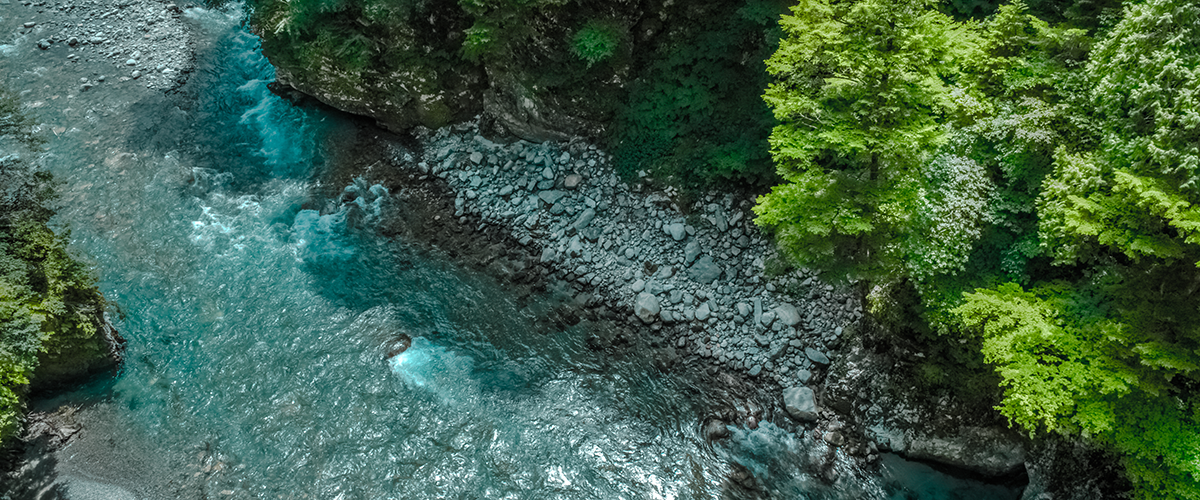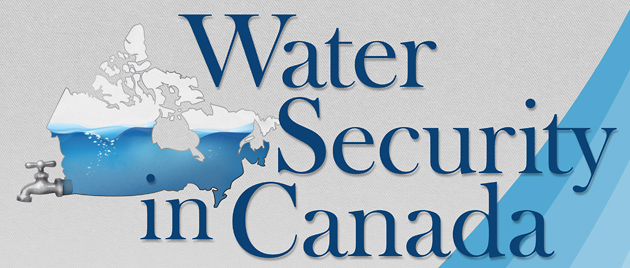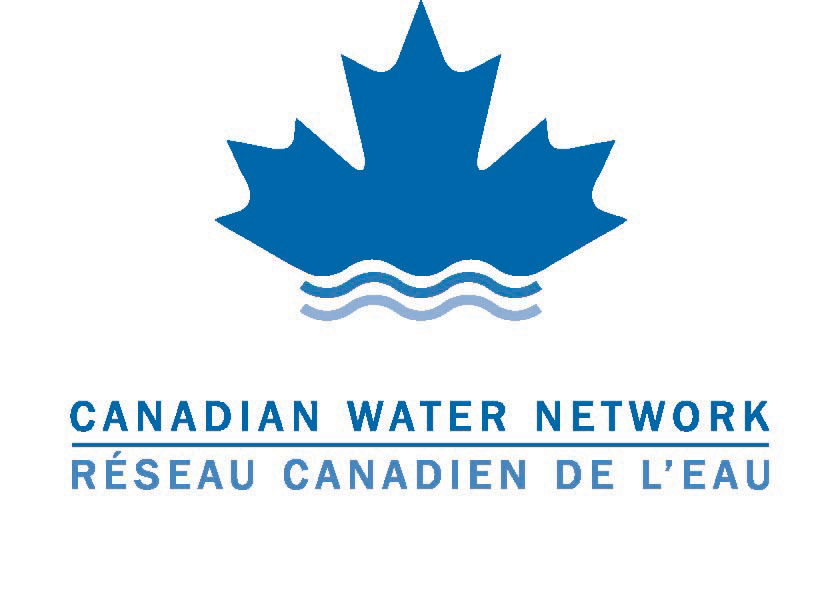OFF TRACK, ONSIDE? REALISING THE WATER AND SANITATION MDG MAY BE POSSIBLE BUT WHAT WILL IT ACHIEVE?
Lyla Mehta
Research Fellow, Institute for Development Studies, University of Sussex
Adjunct Professor, Norwegian University of Life Sciences
Wednesday, March 28, 2012 — 5:00 pm – 6:30 pm
Coach House, Green College, UBC
Access to water and sanitation for all is central to achieving global justice for poor women and men. Yet the global aid architecture is still straining to solve what appears on the surface a simple problem: how to provide water and sanitation to the planet’s population. Despite successive global declarations and efforts, in 2008 over 2.6 billion people still lived without access to improved sanitation facilities and nearly 900 million people received drinking water from unimproved sources. At the core of this appalling situation is a global failure of collective action, despite repeated principles, declarations and meetings.
As the global community rushes to mark the end of the Global Freshwater Decade 2005-2015 and the MDGs, it is worth pausing and looking at a range of contested pathways from past to present. Past lessons suggest that the wider global water and sanitation community needs to rethink approaches and emphases, shifting from targets and global pronouncement to issues concerning sustainability, global/local mismatches, contested knowledges, equity, politics and power.
Lyla Mehta is a Research Fellow at the Institute of Development Studies, University of Sussex and an Adjunct Professor at the Norwegian University of Life sciences. She is a sociologist and her work has focussed on the politics of water and sanitation, scarcity and forced displacement. She uses the case of water to address conceptual debates concerning rights, access and power/knowledge interfaces in environment and development. She has been involved in advocacy work on water, dams and development issues with NGOs and social movements in India and Europe. Her books include ‘The politics and poetics of water: naturalising scarcity in Western India’, ‘Displaced by development: confronting marginalisation and gender injustice’ and ‘The limits to scarcity: contesting the politics of allocation’.













